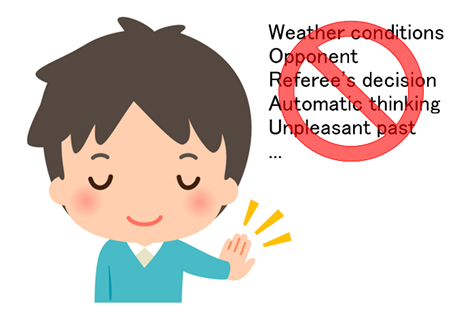A03. Stress and performance
- Professor M

- Jan 12
- 2 min read
Updated: Jan 24

It is said that there is a relationship between the intensity of stress and the level of performance according to the Yerkes-Dodson law . According to this law, low stress levels result in low performance levels, while too much stress also results in low performance levels.And there is an optimal level of stress that allows you to perform at your best, and this is considered the zone.
Here's an example. Suppose a class formed a soccer team, excluding the soccer club members, for a high school intramural ball game tournament. What would happen if they played against an elementary school team as a practice match? They would think they would win, so their stress would be low, and they wouldn't feel any tension or motivation to win at all costs. So what if this class's soccer team were to play a practice match against a J-Leaguer? They would think they couldn't win, so they wouldn't feel much motivation to win, and they would be in a state of too much stress. Rather, they might feel overwhelmed and scared that they might get hurt. So what if they played against a neighboring class? They would think they could win if they tried hard, so their fighting spirit would increase and they would fight desperately. Optimal stress increases motivation. In this way, weak stress causes tension and a decrease in motivation, while too strong stress may reduce fighting spirit and cause fear. On the other hand, when you think, " I think I can win if I try hard ," your fighting spirit will increase and you will be in a mental state of fighting desperately . This state is the zone . Rivals are people with similar abilities who compete against each other , and they are motivated to work hard with the belief that "if we try hard, we can win," which leads to each of them growing.


